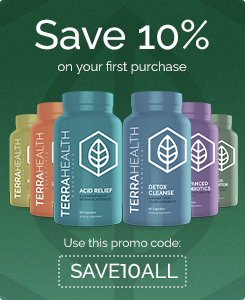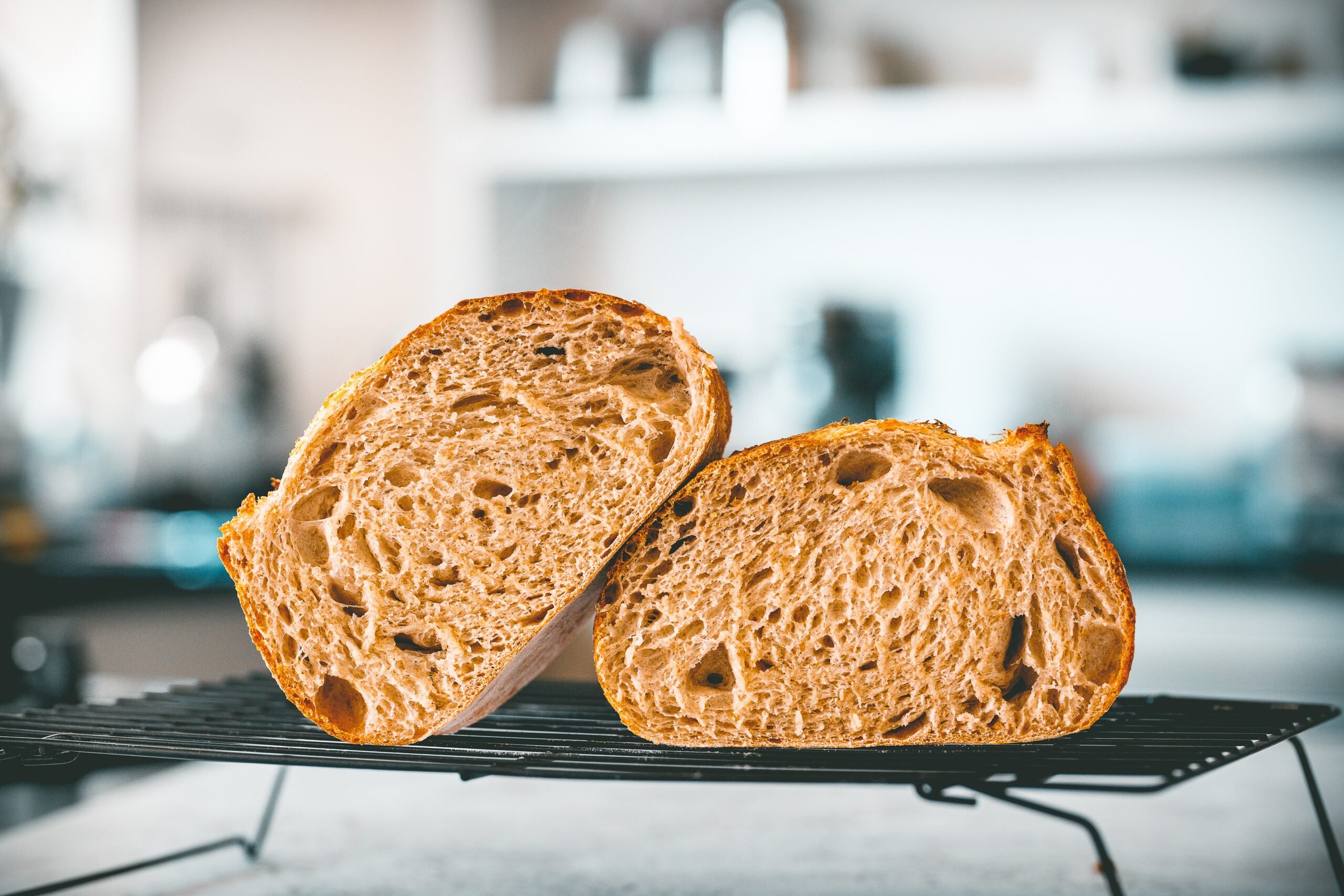In the ever-evolving wellness space, where our social media feeds are taken over with trends like meditation retreats, CBD-infused everything, and the ongoing obsession with juicing, it’s easy to get lost in the noise. While some of these trends may seem like fleeting fads, others stand firmly on the grounds of scientific research and deserve our attention. This is where prebiotics and probiotics step in.
Most people already know about probiotics, or at least have a general idea of what they’re about. These are the good guys, those live microorganisms found in yogurt and fermented foods that help your gut to stay healthy and balanced. But prebiotics are a little less known about, so if you don’t know what they do – you’re not alone!
Today we’re going to look at both probiotics and prebiotics, what they do, how they work together to keep your gut happy and healthy, and why you need both.
Understanding Probiotics
Probiotics are pretty important live microorganisms that hang out in your digestive system, promoting healthy digestion and boosting your immune system. While your digestive tract naturally produces probiotics, incorporating probiotic-rich foods enhances their levels and introduces a variety of beneficial bacterial strains. These friendly bacteria play a crucial role in maintaining balance within the digestive tract, especially after instances of illness or antibiotic use (you’ve likely been told to take a course of probiotics with antibiotics and some point, and this is why!).
Enter Prebiotics
Think of prebiotics as the ultimate foodies for your gut. These special carbohydrates, found in fiber-packed fruits and veg, don’t get digested. Instead, they travel straight to your gut to fuel those probiotics that are working hard to keep it healthy and balanced. Both prebiotics and probiotics play complementary roles for your gut health by working as a team in this regard.
Adding Prebiotics and Probiotics to Your Diet
There are many foods rich in both prebiotics and probiotics, and adding these to your diet will make a big difference to your gut health. In addition, adding a supplement that contains both, such as our Advanced Probiotic, will ensure you get a diverse range of strains to keep your gut microbiome functioning at its best.
Probiotic-Rich Foods
- Kefir
- Sauerkraut
- Kimchi
- Plain Live Organic Yogurt
- Fermented Soybean Products, e.g. Tofu, tempeh, and miso
- Kombucha
- Pickles
- Sourdough Bread
- Fermented Cheeses
Prebiotic-Rich Foods
- Garlic
- Onion
- Leeks
- Asparagus
- Apples
- Chicory Root
- Slightly Under-ripe Bananas
- Whole Grains, e.g. oats, barley, and quinoa for prebiotic fiber
- Legumes, e.g. beans, lentils, and peas
Ring in 2024 with a Healthier Gut
Boosting your microbiome with probiotics and prebiotics is one of the best ways to start your journey to better health in 2024. A well-balanced gut microbiome has been linked to improved immune function, better absorption of nutrients, and even potential positive effects on mood and mental health. Add these foods to your diet and listen to how your body responds, it will definitely thank you for it!
<div
class="fb-like"
data-share="true"
data-width="450"
data-show-faces="true">
</div>



Is gum Arabic prebiotic